Plumbing is experiencing a technological revolution. In 2025, smart plumbing upgrades will help make homes more efficient safe and more manageable as never previously. Leak detectors are able to transmit alerts to smartphones for monitoring your water usage. This can will help you save money. The advancements in technology have altered the way we think about plumbing within our homes.
This guide gives an in depth outline of the latest intelligent plumbing technology, the benefits, cost and advice on selecting the best upgrade which will benefit your home. If you’re an owner of a property or a landlord manager, you’ll have all the details you need to make informed decisions and ensure your system of plumbing for coming years.
What Are Smart Plumbing Upgrades?
The smart plumbing upgrades make use of advanced technology like sensors Wireless connectivity, automation and sensors to control, monitor and improve the efficiency of the water system of the home. These devices detect leaks and leaks, stop water flow and track use and integrate with your home’s intelligent ecosystem.
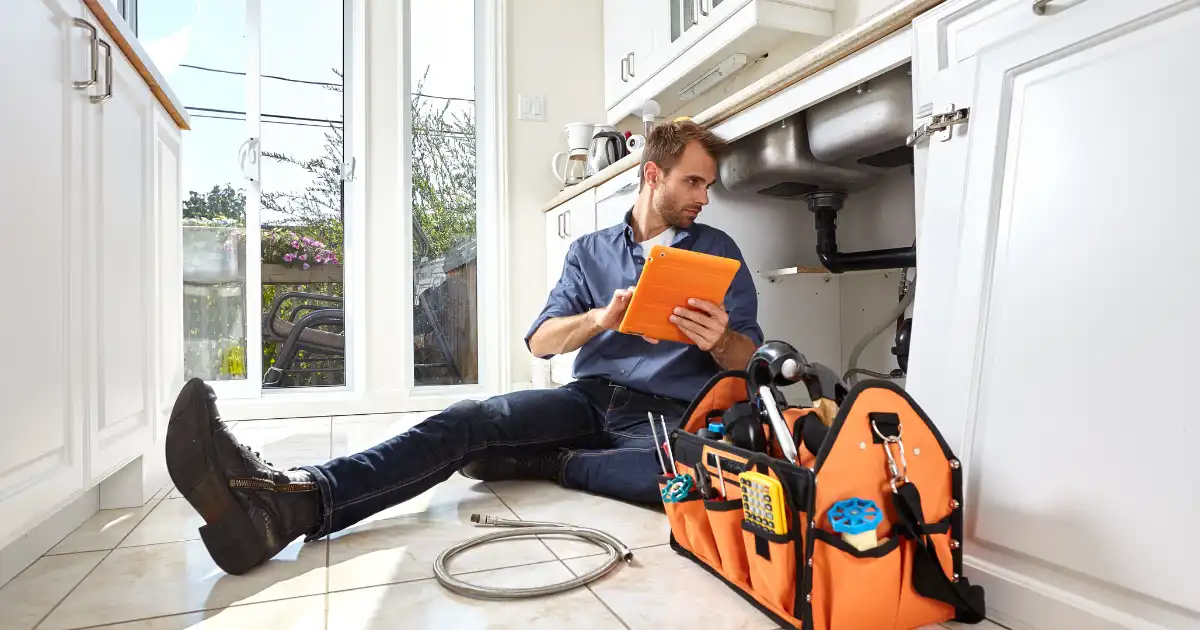
Key Features:
- Alerts and monitoring in real time.
- Remote control via smartphone apps.
- Automated shut off mechanism to prevent water damage.
- Data tracking can help conserve water.
Cost of Smart Plumbing Upgrades by Type
| Upgrade Type | Average Cost (Device Only) | Installed Cost (2025) |
| Smart Leak Detector | $40 – $100 | $100 – $250 |
| Smart Shut-Off Valve | $150 – $400 | $300 – $800 |
| Water Usage Monitor | $50 – $200 | $150 – $400 |
| Smart Faucet | $150 – $400 | $200 – $500 |
| Smart Water Heater | $500 – $1,500 | $800 – $2,500 |
| Greywater System | $1,500 – $5,000 | $2,000 – $7,000 |
| Smart Irrigation | $100 – $300 | $200 – $600 |
| Pipe Health Sensor | $100 – $300 | $200 – $600 |
Prices vary based on the brand’s features, price and difficult.
Cost of Smart Plumbing Upgrades by Home Size
| Home Size | Basic Upgrades (Leak, Shut-Off) | Full Smart System (All Features) |
| Apartment/Condo | $200 – $600 | $1,000 – $2,500 |
| “A Smaller House” (<1,500 square feet) | $300 – $900 | $1,500 – $3,500 |
| Medium Home (1,500-2,500 sq ft) | $500 – $1,200 | $2,000 – $5,000 |
| Large Home (>2,500 sq ft) | $800 – $2,000 | $3,000 – $7,000 |
HTML0 Larger homes may require more sensors as with technology.
Factors Influencing Smart Plumbing Upgrades Cost
- Home Dimensions and Layout: Rooms and fixtures require more technology.
- Models and the Brand: Brands that are of top quality and advanced capabilities are priced higher.
- Complex Installation: A retrofitting process for older homes may be more expensive.
- Integration Needs: Connecting to smart homes systems (Alexa, Google, etc. ) may require more configuration.
- Wasser Usage: homes which are used heavily could be better served by more sophisticated monitoring.
- Local Labor Costs: Installation costs vary in accordance with the region.
Types of Smart Plumbing Technology
1. Smart Leak Detectors
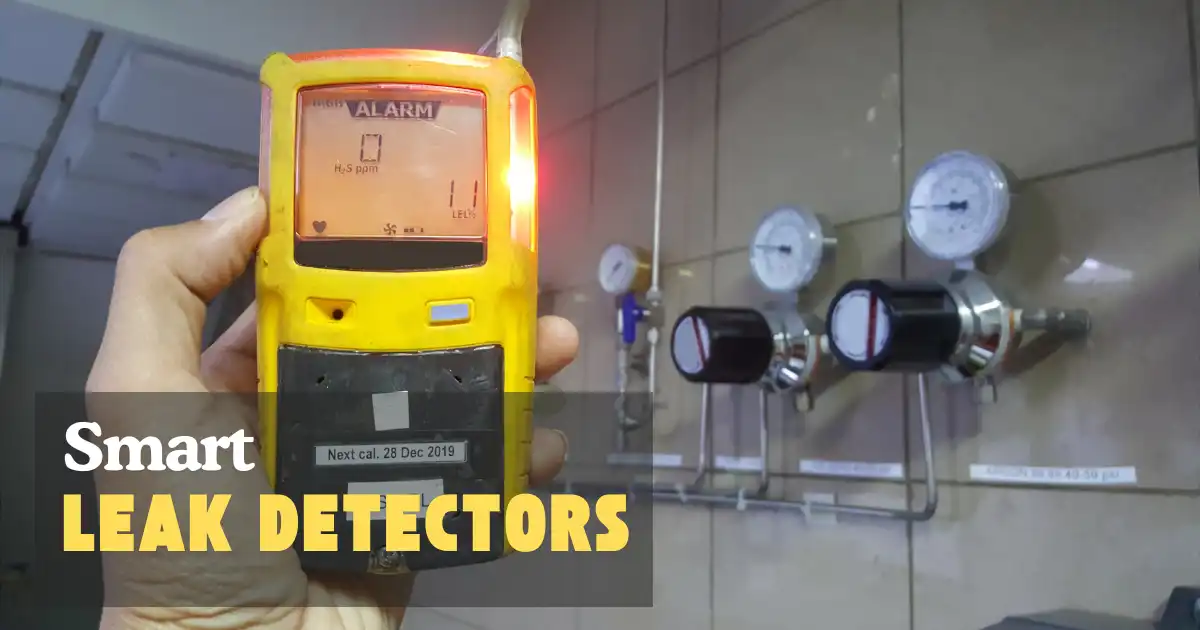
- What They Do: Find leaks, and then send alerts your smartphone.
- Where to Use: In close proximity to sinks and toilets. close to water heaters, within basements.
- Popular Brands: Moen, Flo Moen, Honeywell Lyric, the Phyn.
2. Smart Shut Off Valves
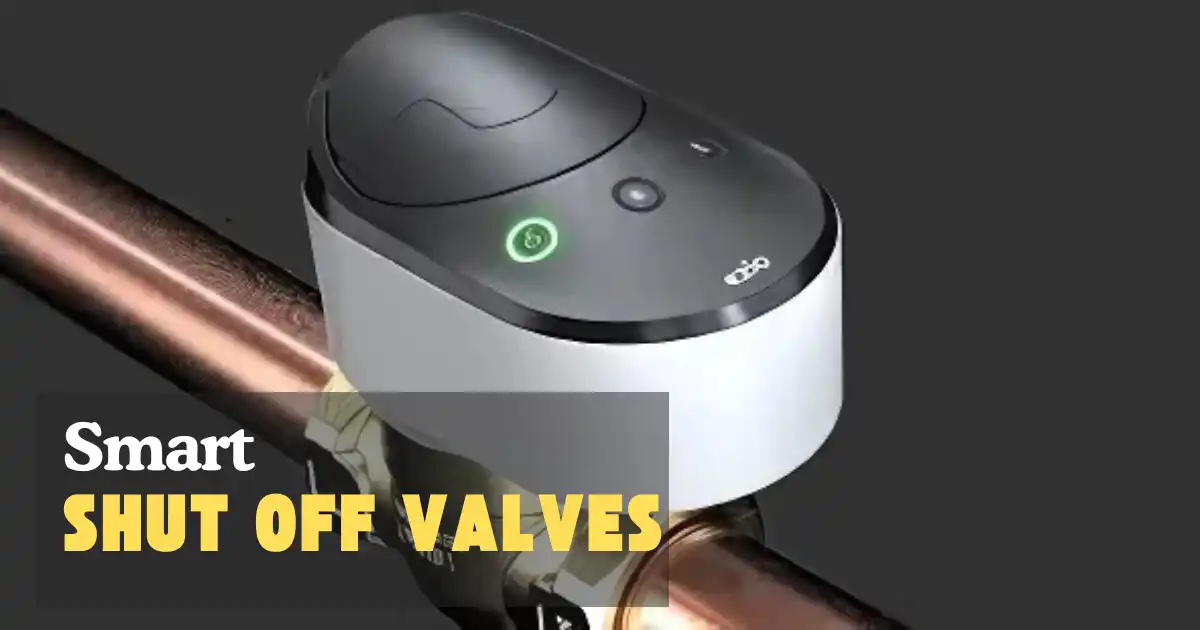
- What They Do: Automatically shut off the water supply in the event that it is discovered that there has been a leak.
- Benefits: Protection against water damage, and is managed remotely.
- Integration: Integrates with leak detectors, as well as intelligent home automation systems.
3. Water Usage Monitors
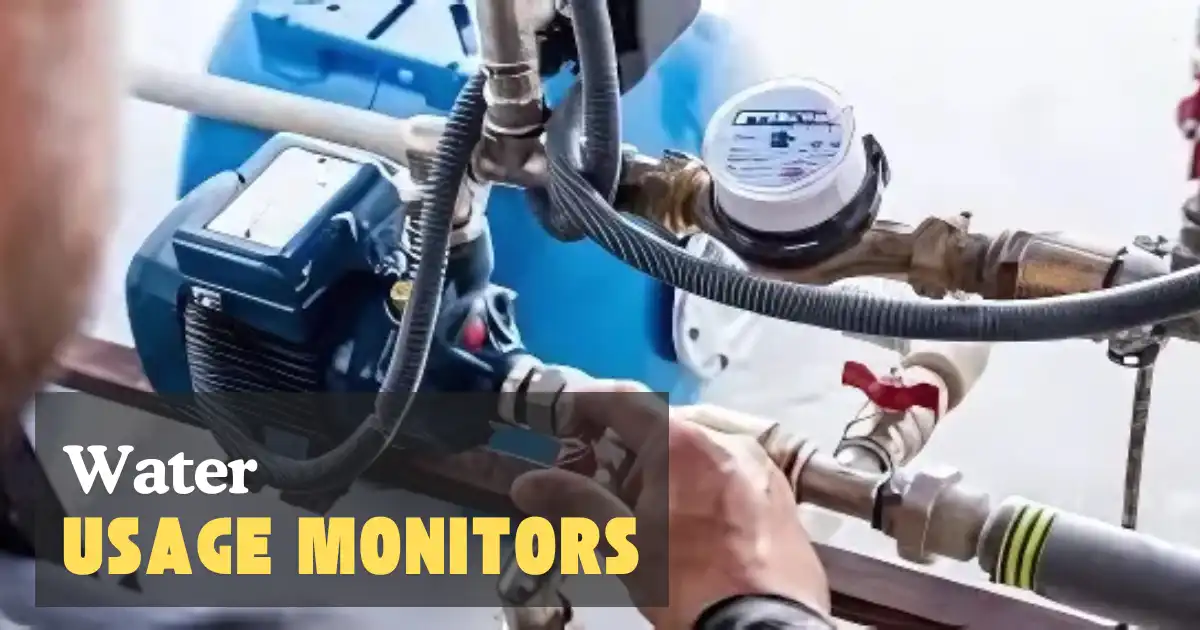
- What They Do: Track your water consumption in real time, allowing you to spot the waste and help in conserving money.
- Highlights: Usage reports, leak detection conservation techniques.
4. Smart Faucets and Fixtures
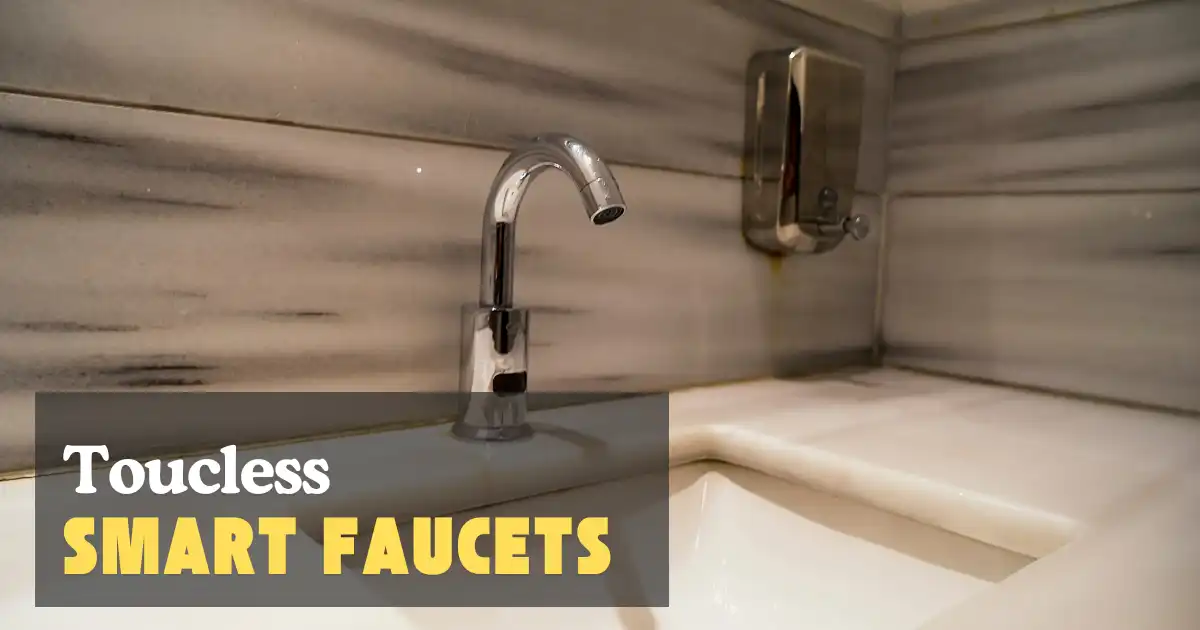
- What They Do: Touchless operation, voice control, and water saving capabilities.
- Benefits: More hygiene and simplicity of its use and its efficacy.
5. Smart Water Heaters
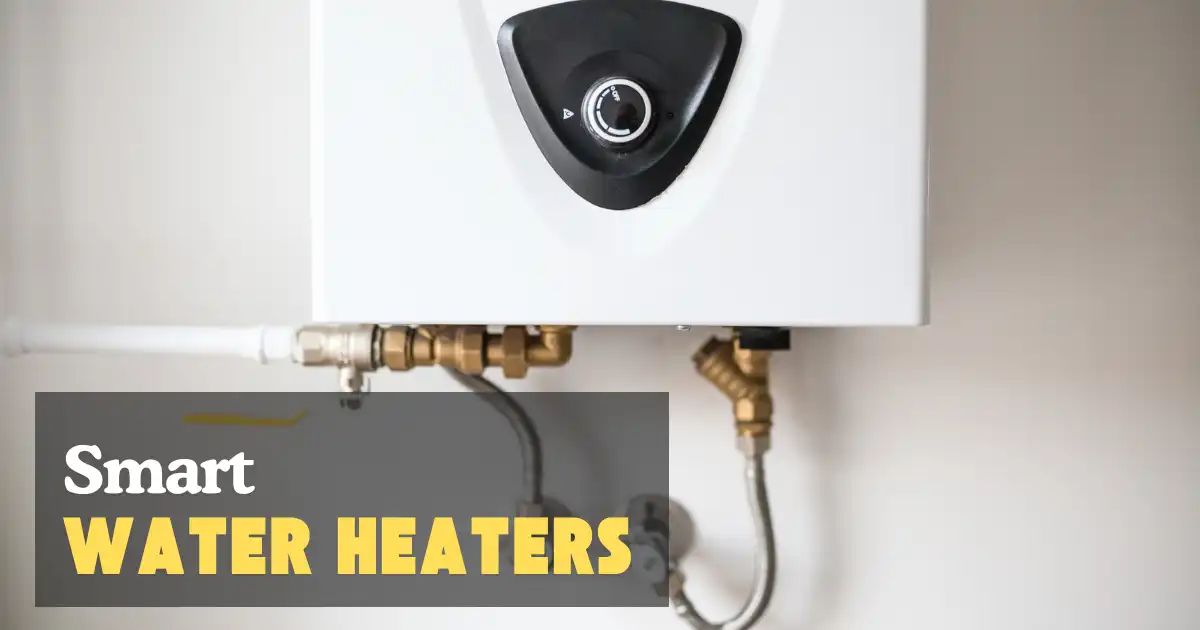
- What They Do: Remote temperatures control and scheduling, as also leak detection.
- Benefits Energy savings and a longer lifespan and early alerts of possible problems.
6. Greywater and Rainwater Systems
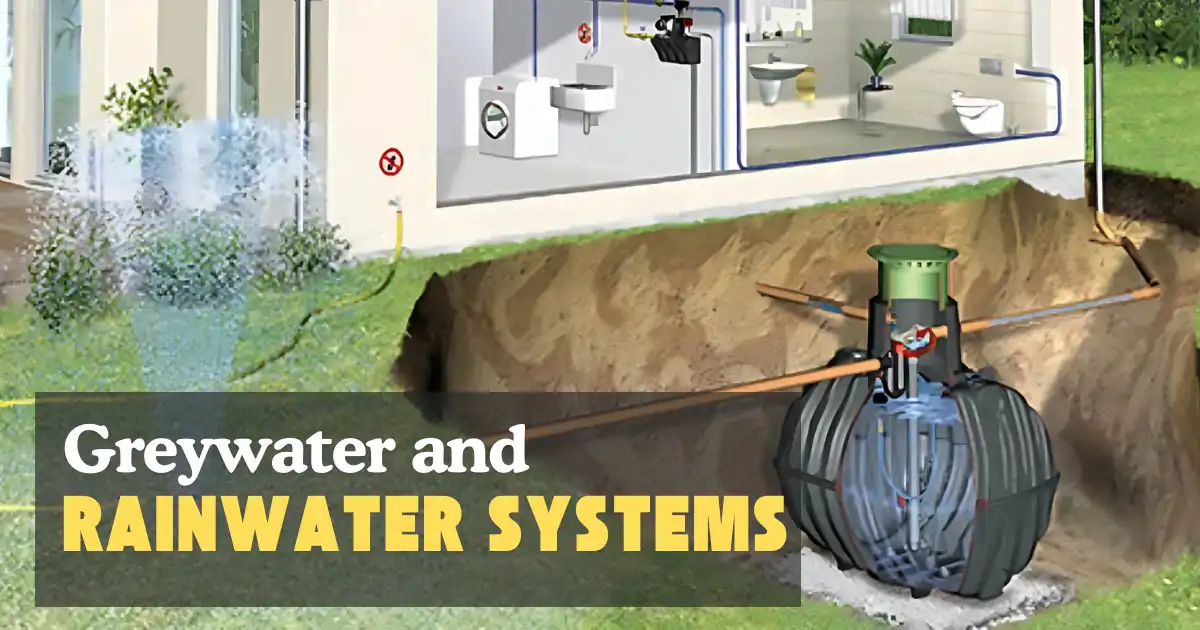
- What They Do: Reuse and collect the water from sinks, showers, or rain, to flush toilets or as irrigation.
- Benefits: Lower costs for water and environmental impact.
7. Smart Irrigation Systems
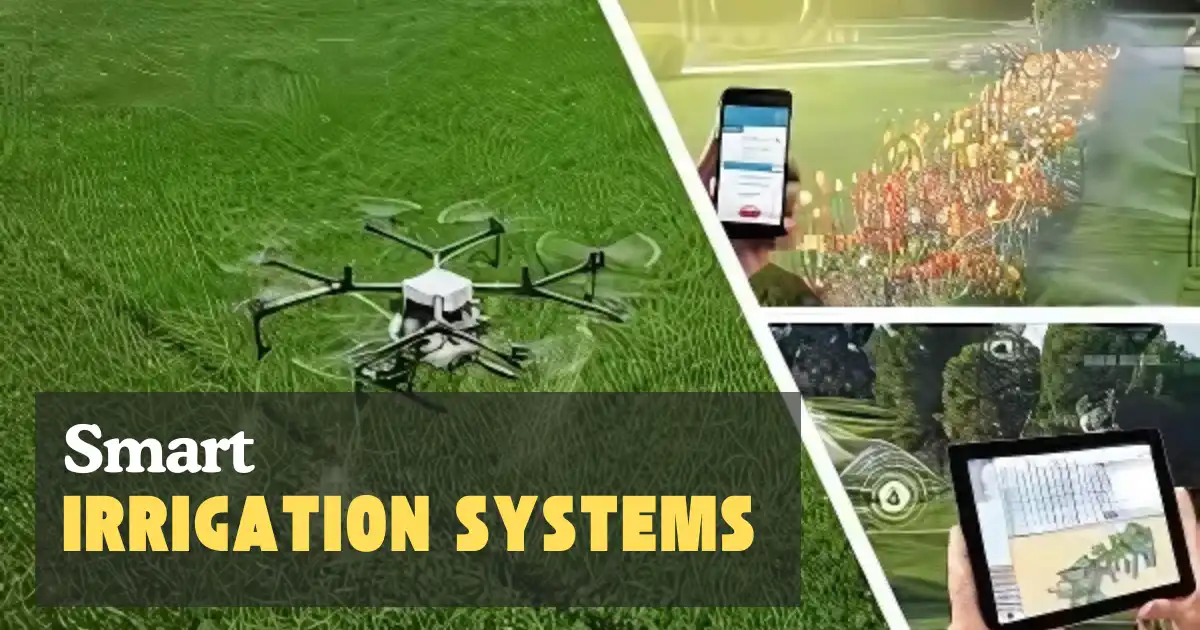
- What They Do: Automatically adjust watering schedules in accordance with conditions in the weather as well as ground water.
- Benefits: Gardening with greener lawns and plants and water conservation, as well as the ability to control your garden remotely.
8. Pipe Health Sensors
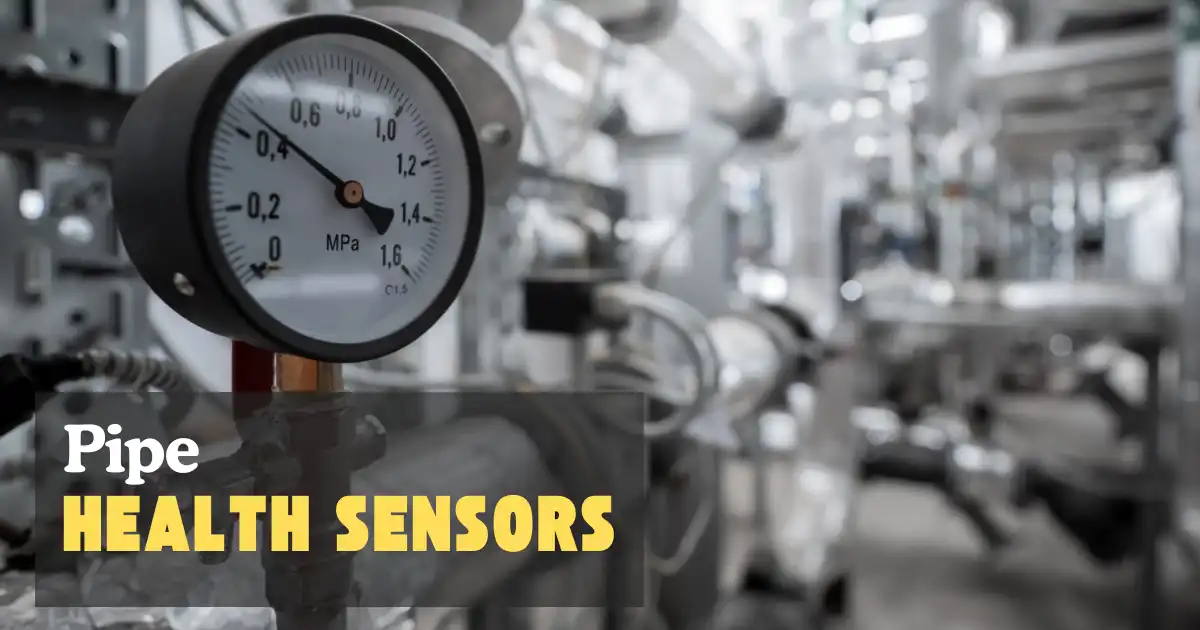
- What They Do: Check the temperature, pressure and flow to identify obstructions and leaks in the beginning stages.
- Benefits: It helps avoid costly repairs and damage to water.
Benefits of Smart Plumbing Upgrades
- Early Leak Early Leak Identification: It can help to avoid costly damages to water.
- Wasser Conservation: Monitor and reduce your water consumption to save money.
- The Ease of Use: Control your plumbing from anywhere.
- Safety and Safety: Limit the risk of mold through better hygiene and avoiding damaged pipes.
- Security: Be alerted and switch off the water, even when you’re not home.
- Better Property Value: The advantages of smart home improvements are attractive to buyers who are considering buying.
How to Choose the Right Smart Plumbing Upgrades for Your Home
- Assess Your Needs:
- Do you want to protect yourself from water leaks? Or complete automation?
- Set Your Budget:
- Select the amount that you want to put into your savings.
- Research Devices:
- Compare features reviews, brands and other features.
- Check Compatibility:
- Make sure whether your devices work with your home and plumbing systems.
- Plan Installation:
- DIY for devices with basic capabilities or get a professional to help with more advanced upgrade.
- Consider Future Needs:
- Choose scalable systems can be expanded in the near future.
Installation, Maintenance, and Integration
- Professional vs DIY Installation:
- Smart leak detectors and faucets are generally DIY friendly.
- Water heaters equipped with shut-off valves or greywater systems usually require the assistance by a plumber.
- Maintenance:
- Replace batteries, firmware and test devices regularly.
- Integration:
- Use devices or applications that control and manage the system.
- Automate and create alerts to gain the maximum advantage.
Common Mistakes and How to Avoid Them
- Ignoring Compatibility:
- Always ensure that the devices are compatible with your home plumbing and systems.
- Skipping Professional Installation:
- An incorrect installation could cause leaks or malfunction on the part of your device.
- Not Testing Devices:
- It is important to test all valves and sensors prior to installation.
- Neglecting Maintenance:
- Batteries or software that is older can make you vulnerable.
- Overlooking Water Quality:
- The impacts of hard water can be detrimental to electronic devices. You may want to think about the use of a water softener in the event of a need.
- Not Using Alerts:
- Configure notifications to make sure you don’t forget about leaks or issue.
Conclusion
Innovative plumbing innovations will transform homes by 2025 and will bring more security, savings and comfort than ever before. If you’re seeking to prevent leaks, save water or just make use of the most advanced technologies, there’s an option for every home as well as in budget. When you’re aware of the alternatives available to compare prices, understanding the choices, and deciding on the right equipment will enable you to protect your plumbing and ensure your plumbing’s security for many years into the future.
FAQs
Are smart plumbing devices difficult to set up?
Most are DIY-friendly, but some devices (like shut-off valves) require a professional plumber for installation.
Can smart plumbing upgrades really lower plumbing costs?
Yes! Early leak detection and water usage monitoring can help prevent costly damage and reduce your water bills.
How do I manage smart plumbing devices from my phone?
Many devices come with apps for remote control and notifications, making management easy from your smartphone.
Are smart plumbing devices safe for older homes?
Yes, but always check compatibility and consider professional installation for best results.
What happens if my Wi-Fi goes down?
Some devices will continue to function locally, but you may not receive remote alerts until your connection is restored.
Can smart plumbing upgrades boost the value of my home?
Yes, they are attractive to potential buyers and can be a strong selling point.
How often should I check or maintain my smart plumbing devices?
Test sensors monthly, replace batteries as needed, and update your software regularly for optimal performance.
